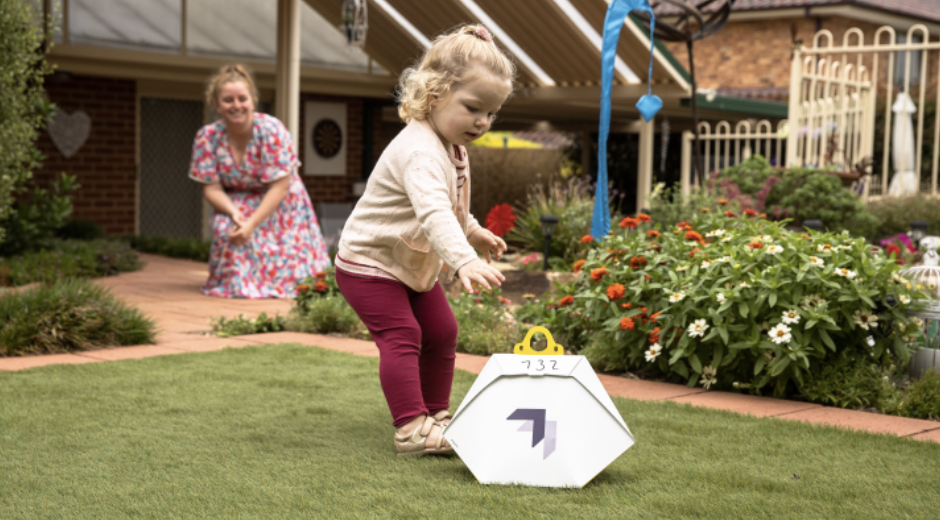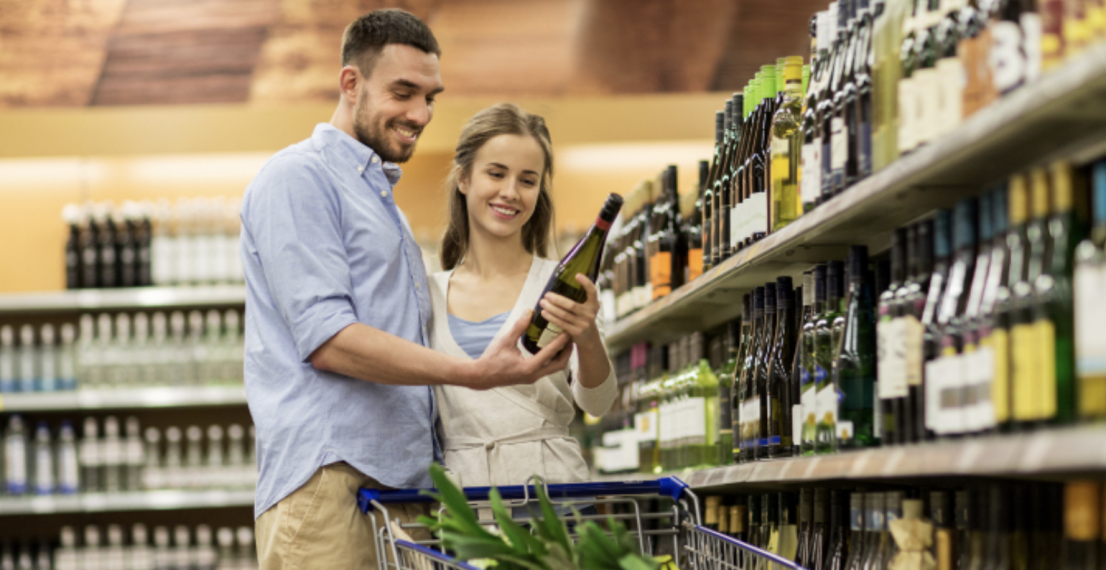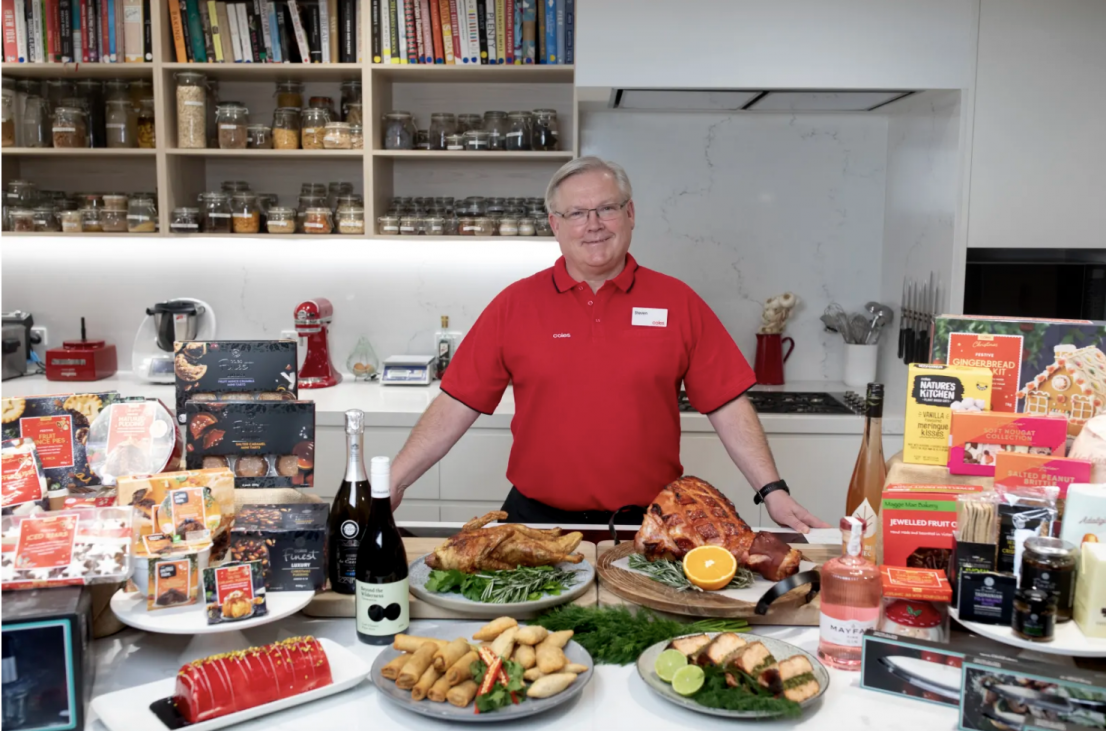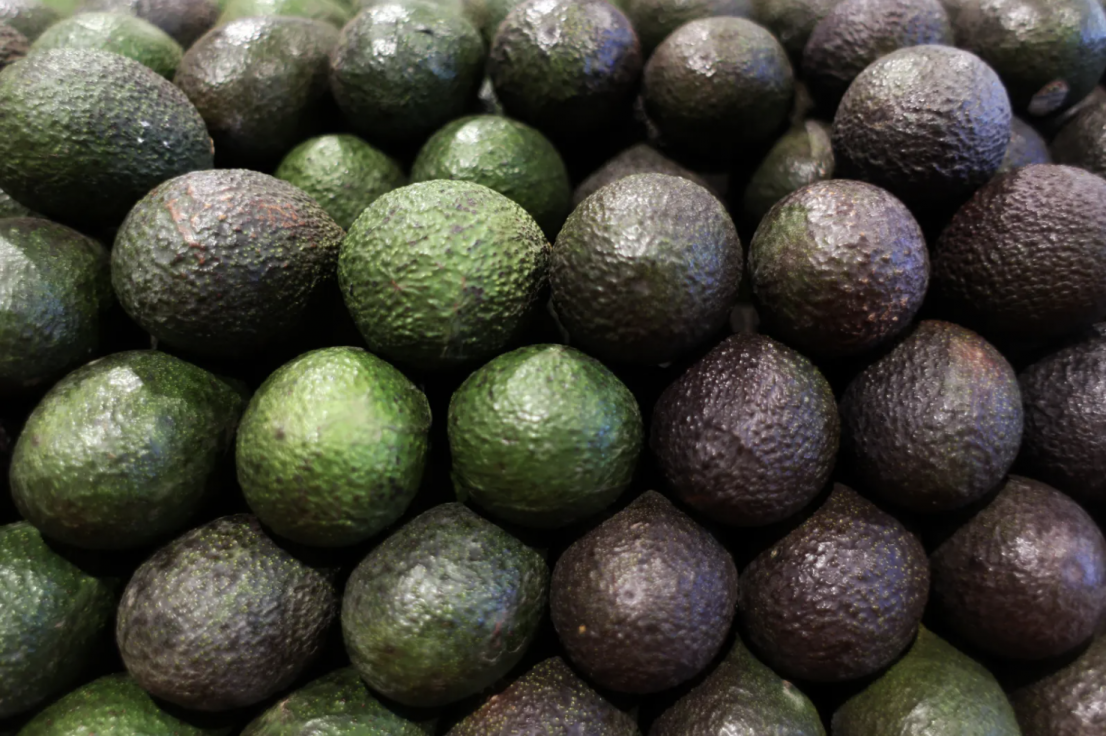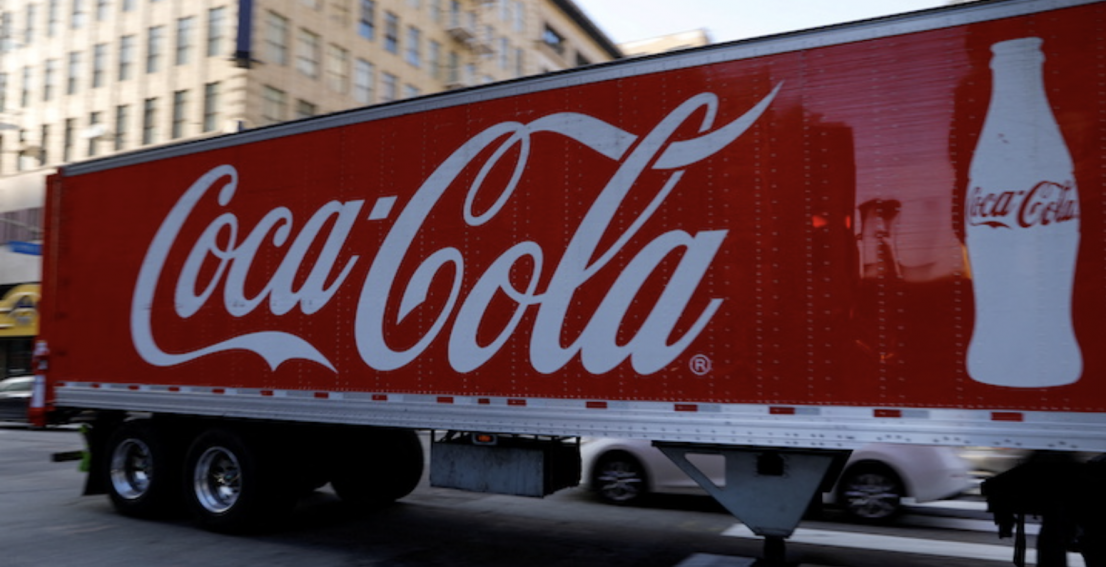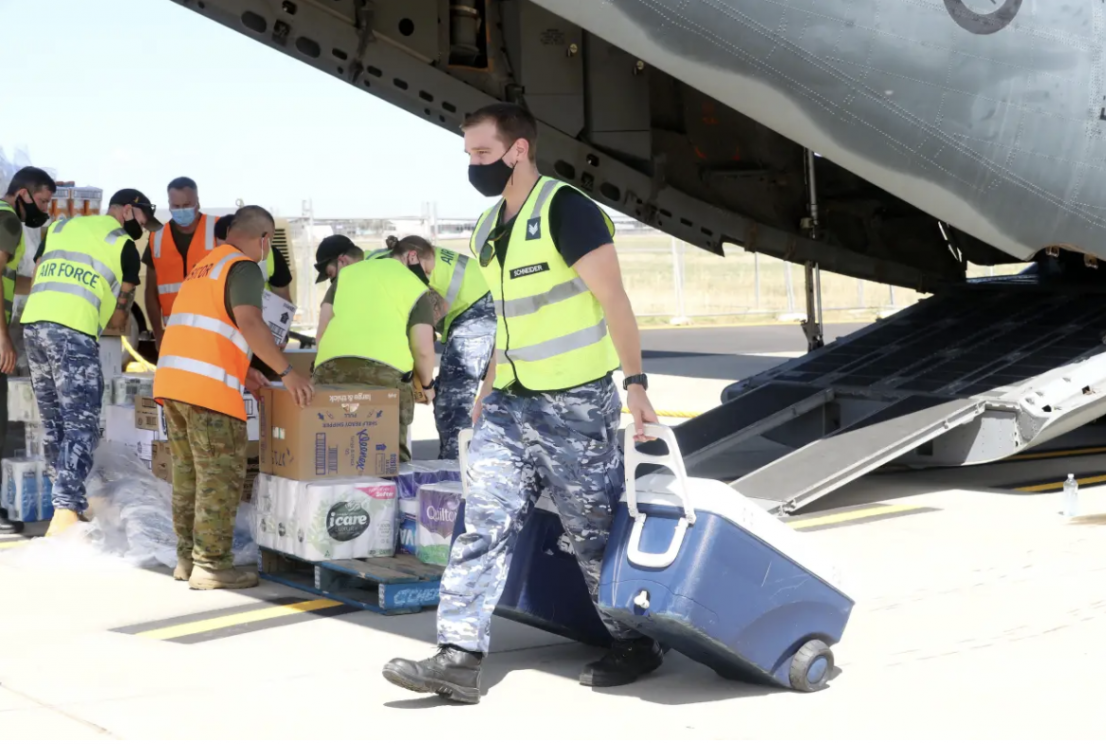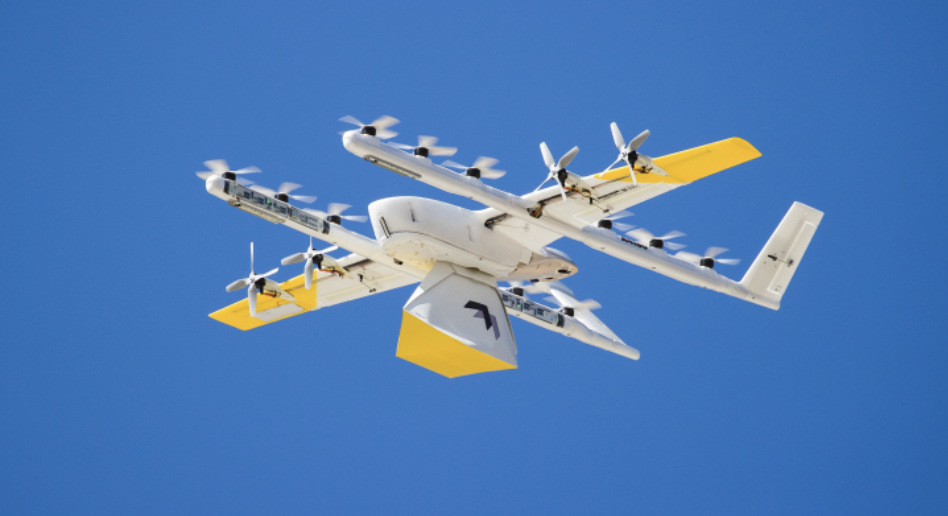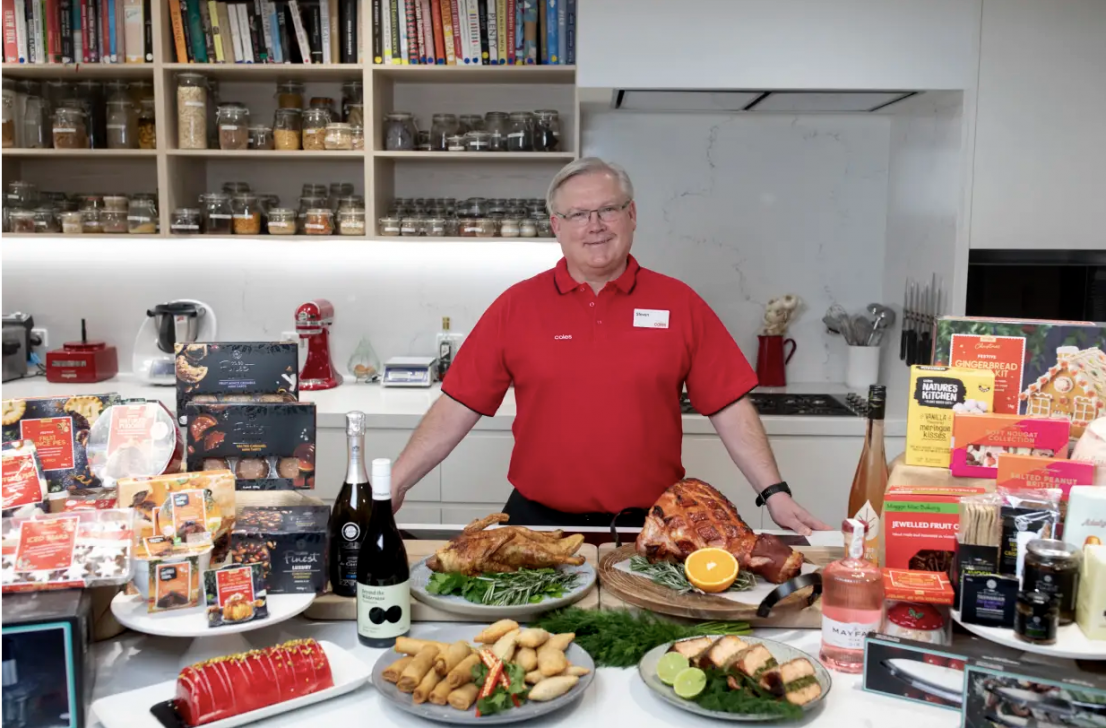
Coles Group boss Steven Cain says the possible invasion of Ukraine by Russia and a worker shortage in Australia due to lack of migration are two events that could keep inflationary pressures up at the retailer.
Mr Cain told The Australian Financial Review that global events like oil prices jumping on the back of tensions between Russia and the West over Ukraine, and the lack of backpackers coming to Australia, means wage inflation will increase.
“Everyone [is] aware of what that [Russian invasion] might do for energy and oil prices,” he said. “Clearly in Australia, we’ve got a bit of worker shortage in some areas around backpacking, hospitality, technology and if more people don’t come to the country, then you can imagine that wage inflation will increase.”
Mr Cain believes that cost-conscious consumers will seek cheaper, but higher-margin, Coles-branded products amid rising costs like fuel and interest rates putting pressure on budgets.
“I’m afraid my crystal ball isn’t going to be able to predict exactly what’s going to happen over the next six months but what I would say is that I would expect home brand penetration to continue to increase for those who are looking for value,” he told analysts on a call.
“But equally, we should recognise that there’s more than $100 billion more in consumer bank accounts in the world pre-COVID and for a lot of people there’s still plenty of disposable income.”
The $23.1 billion company is aiming to generate 40 per cent of its sales from its home brand products, up from 32 per cent. It added over 840 new home brand products in the first half, including Coles Kitchen’s range of pasta and family salad kits.
Mr Cain said there is some price pressure coming though in this new half after operating in an overall deflationary market in the first half when rises in red meat pricing was more than offset by fresh produce deflation in fruit.
It was still too early to tell if there would be significant shelf price increases later this year, but he expected local and global input prices and various supply chain costs to rise.
Coles’ sales were elevated in early January as the virus ramped up on the East coast, but has since moderated, with a variation in sales on store locations, and state to state.
Following the recent rail line washout, packaged food arrivals into WA has been extremely disrupted, and Mr Cain expects those constraints will not be ironed out until Easter.
Mr Cain’s comments came as Australia’s second-largest food and liquor retailer managed to increase sales by 1 per cent to $20.7 billion in the first half of 2022, with shoppers emptying shelves as COVID-19 lockdowns hit across the eastern seaboard and customers spent up on premium products at rock lobster, croissants, and macarons at Christmas.
The company reported a 2 per cent drop in bottom-line net profit to $549 million for 27 weeks ended January 2 – comfortably topping analysts’ consensus forecasts for net profit after tax of $528 million.
Earnings before interest and tax fell 4.4 per cent to $975 million.
Gross margin gains in supermarkets and liquor cushioned earnings from higher COVID-19 costs which reached $150 million in the period – $45 million more than a year ago. Coles spent an additional $30 million in costs in January alone as omicron peaked, which is now moderating in February.
Coles declared a steady fully franked interim dividend of 33¢ a share.
Mr Cain said sales remained elevated in the first quarter and in the early part of the second quarter, largely a result of lockdowns across NSW, the ACT and Victoria.
Coles’ sales rose 1.1 per cent to $18 billion in the half year, supported by comparative sales growth of 1.5 per cent, and on top of the strong COVID-19-driven growth of 7.2 per cent in the prior period.
Supermarket earnings inched lower by 0.8 per cent to $896 million.
Liquor sales rose 2.7 per cent to $2 billion, as same-store sales increased 1.2 per cent, supported by wine and RTDs. Liquor same-store sales growth of 2.1 per cent in the second quarter was better than rival Endeavour Retail, which fell 1.6 per cent.
Convenience store sales fell 8.5 per cent to $578 million, while earnings tumbled 62.5 per cent to $12 million due to weaker tobacco volumes and the loss of excise earnings.
Jefferies analyst Michael Simotas called it a “solid, clean result” with the key supermarket and liquor businesses both better than expected due to higher margins.
“Cost control was much better than Woolworths with COVID costs moderating slightly in 2Q from 1Q levels. Stock should trade well,” he said in a note.
Contact Asset Management portfolio manager Will Culbert said while it has been a mixed start to the year in terms of foot traffic and staff shortages, he expects that gross profit margin pressure should ease, but might not show up in Coles’ results until the second half of this calendar year. “Longer term, growth in eCommerce and upgrades to distribution centres and the introduction of new fulfilment centres should improve efficiencies and maintain or even grow margins,” he said.
Investors liked the news, pushing the stock higher by 3.17 per cent to $17.27.
Mr Cain added its Smarter Selling program is on target to deliver $1 billion and cost savings by fiscal 2023, its first Wiltron automated distribution centre is set to open in Queensland next year, which will increase efficiency further.
Coles and British online food retailer Ocado rejigged their agreement whereby Coles will manage the online store and web presence for the intake of orders, and Ocado will provide automated fulfilment functionality and as well as last-mile solutions.
Mr Cain expects that as COVID-19 restrictions fully ease and people head back to the office Coles CBD locations will gain, and shopping centres will come back to life.
“Overall, we’re pretty optimistic that we’ll see a continued improvement to market share,” he said.
As for staffing issues, Mr Cain noted Coles had a record year in terms of recruitment but “availability can still be better” despite supply chain issues easing which was hampered by staff needing to isolate.
